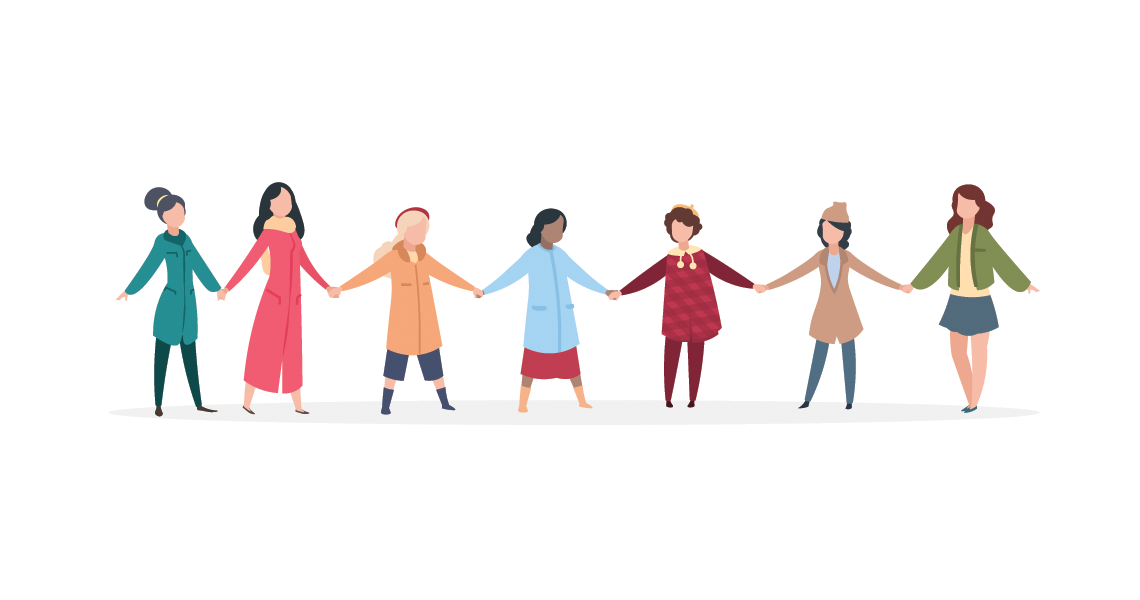From environmental impact to workers’ rights, the call for sustainable practices in the fashion industry has never been more important. And as a philanthropic organization dedicated to forming alliances with brands and retailers across the supply chain, C&A Foundation understands this message to the core.
By supporting and collaborating with female activists and leaders in the fashion industry, C&A Foundation was able to make a difference across multiple sectors of the supply chain, helping to disrupt an industry in need of change.
Take Jacqueline Shaw, the founding director of Africa Fashion Guide, an organization dedicated to sustainable textile sourcing. Shaw has been able to spread the message of sustainable fashion by way of African manufacturing, cementing Africa as a viable leader in ethical garment production.
And while Shaw is shifting the industry to provide greater diversity from a global perspective, changemakers like Lola Young, an independent Crossbench Peer in the House of Lords known as Baroness Young of Hornsey, and Centro de Apoyo al Trabajador (CAT) director Blanca Velázquez, are speaking up for the workers within the factory walls.
To promote change as a policy-maker, Baroness Young set up a group in Parliament called Ethics and Sustainability in Fashion, dedicated to fixing injustices within fashion manufacturing supply chains. Through her work, Young made significant strides against the unethical practice of forced labor, in which garment workers are employed against their will.

Ad position: web_incontent_pos1
Ultimately, Young was able to introduce the 2015 Modern Slavery Act, an Act of Parliament created to combat forced labor practices. The bill was instrumental in putting a burden of responsibility on brands and businesses to own up to their practices, and ultimately encouraged structural change within the fashion industry.
As for Velázquez, she has garnered death threats and harassment in pursuit of her mission to help female workers in Morelos — a state just southeast of Mexico City — know and defend their human rights. Through tactics such as collective bargaining, Velázquez and CAT’s work has been fundamental in achieving significant change for garment workers, resulting in the firing of harassers and implementation of remediation plans.

And as far as textile workers in the fields are concerned, Brazilian agrarian reform activist Andrea Sousa has been working to spread awareness and provide a platform for female farmers in the sustainability movement.
Working with non-profit NGO ESPLAR, Sousa now runs Organic Intercropping with Mocó Cotton: an Alternative in the Era of Climate Change, a project sponsored by the C&A Foundation, which prioritizes female farm workers taking ownership and profiting from their hard work.
Ad position: web_incontent_pos2
It’s clear that there is still work to be done within the sustainable fashion movement. But thanks to the involvement of strong, dedicated women around the world such as Shaw, Young, Velázquez and Sousa, the fashion industry as a whole continues to inch toward a better and brighter future for all.


